nothing changes
byBill
19 years ago
Related Stories

DECORATING GUIDES12 Decorating Scenarios When You Should Do Nothing at All
By embracing the positives of negative space, you can strategically highlight key furnishings, give the eye a rest and create focal points
Full Story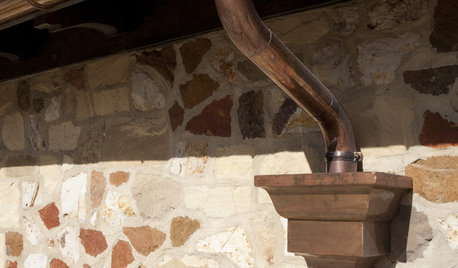
DECORATING GUIDESYou Said It: 'If You Do Nothing Else ... Clean Your Gutters,' and More
Design advice, observations and inspiration that struck a chord this week
Full Story
UPHOLSTERYFabric Focus: There's Nothing Quite Like Linen
Classic, understated, durable and mildew-resistant, linen is a casual fabric fit for any home
Full Story
HOLIDAYS5 Gifts for the Home They'll Love — That Cost Next to Nothing
Print your own gift coupons: Offer your time and skill for presents your loved ones will really use
Full Story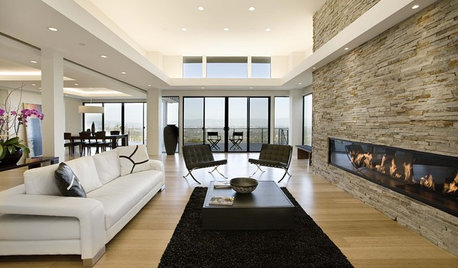
DIY Projects: Changing Your Look by Changing Your Table Arrangements
A guide to table decorations
Full Story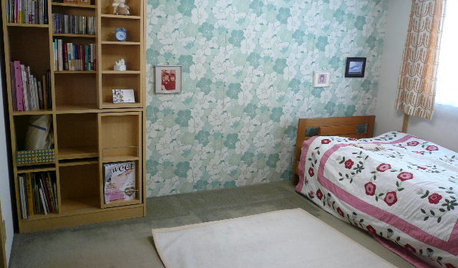
BOOKSCan Tidying Up Result in Life-Changing Magic?
Organizing phenom Marie Kondo promises big results — if you embrace enormous changes and tough choices
Full Story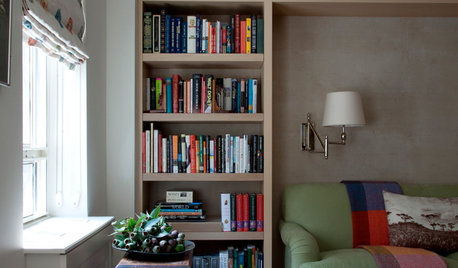
LIFEWhen Design Tastes Change: A Guide for Couples
Learn how to thoughtfully handle conflicting opinions about new furniture, paint colors and more when you're ready to redo
Full Story
HOME TECHHow Smart TV Will Change Your Living Room
Get ready for the future of TV, in which your living room becomes a movie set, a communication hub and a gaming zone
Full Story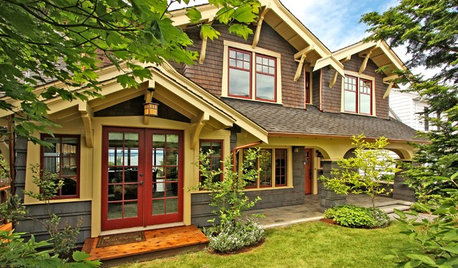
HOUZZ TOURSHouzz Tour: Major Changes Open Up a Seattle Waterfront Home
Taken down to the shell, this Tudor-Craftsman blend now maximizes island views, flow and outdoor connections
Full Story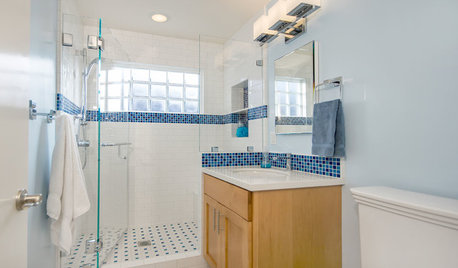
BATHROOM DESIGNLight-Happy Changes Upgrade a Small Bathroom
Glass block windows, Starphire glass shower panes and bright white and blue tile make for a bright new bathroom design
Full Story





Brewbeer
byBillOriginal Author
Related Professionals
La Mirada Solar Energy Systems · Lomita Solar Energy Systems · Lynwood Solar Energy Systems · Moorpark Solar Energy Systems · Riverdale Design-Build Firms · Rantoul Home Builders · Bellview Home Builders · Commerce City Home Builders · Ellicott City Home Builders · Fargo Home Builders · Saint Petersburg Home Builders · Brentwood Roofing & Gutters · Rockville Roofing & Gutters · East Norriton Roofing & Gutters · SeaTac Roofing & GuttersNancy in Mich
Jason_MI
Brewbeer
Jason_MI
Nancy in Mich
solie
RCMJr
solie
Pooh Bear
RCMJr
Brewbeer
Nancy in Mich
Pooh Bear
RCMJr
Brewbeer
Jason_MI
Brewbeer
Nancy in Mich
Jason_MI
Nancy in Mich
Jason_MI
landmarker
Jason_MI
Nancy in Mich
Jason_MI
Nancy in Mich
Brewbeer
Jason_MI
dunwell
Nancy in Mich
garymunson-2008
scurto
Nancy in Mich
Brewbeer